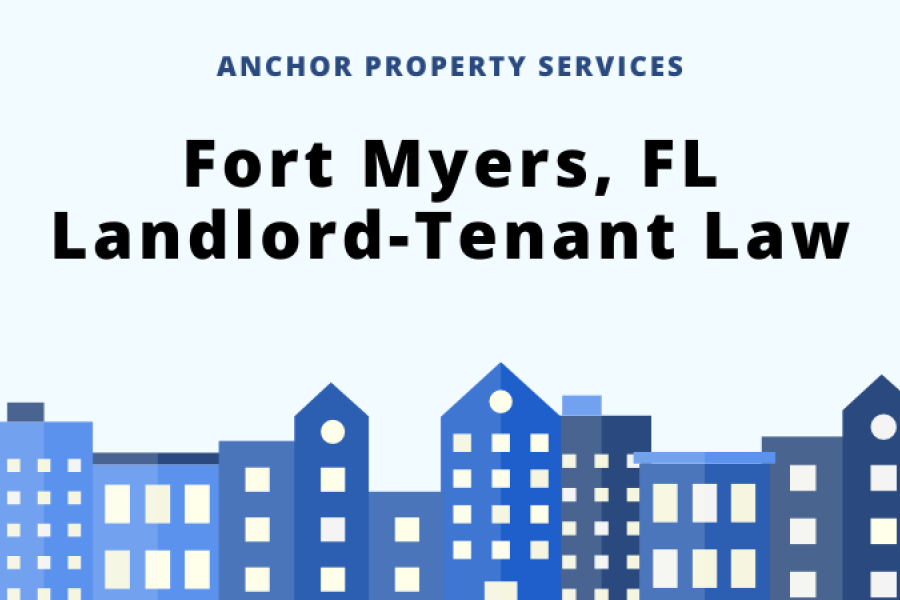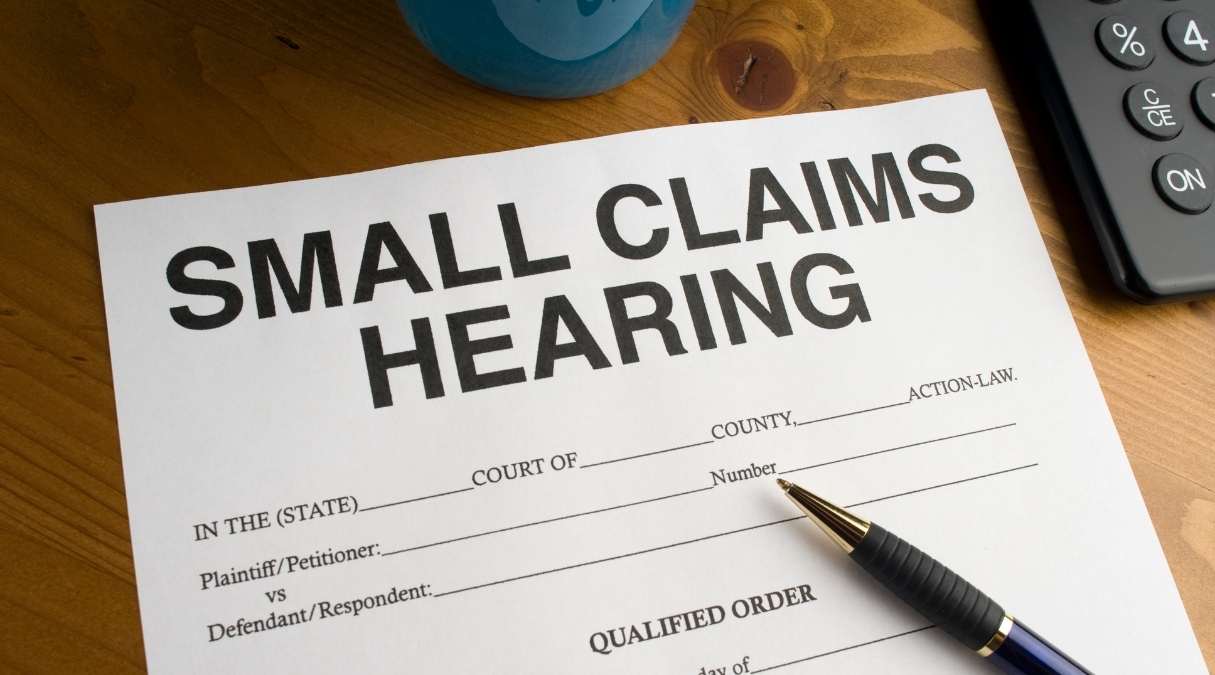
Florida, just like other states, has landlord-tenant laws in place. These laws include the rights and obligations of both the landlord and the tenant. Understanding the laws is key to avoiding legal issues with your tenant.
In this post, we are giving you a basic overview of Florida's landlord-tenant laws.
Required Landlord Disclosures in Florida
Under the statewide landlord-tenant law, there are certain disclosures that you must make to your tenant.
Here are some of the disclosures:
- Security Deposit Details: You must notify your tenant about certain details regarding the storage of their security deposit. For example, the type of account in which you're storing their deposit in, as well as details pertaining to any accrued interest.
- Radon Gas: You must notify your tenants about presence of radon gas. Radon is a dangerous gas. If left untreated, it can cause serious health issues and even death. The Florida Department of Health has found that radon gas is the leading cause of cancer in non-smoking people.
- Landlord's Identity: You must let your tenant know of the landlord's identity or any other person authorized to act on their behalf. You must also disclose their names and addresses.
Of course, you must provide these disclosures to your tenant before they sign the lease.
Tenants' Rights & Responsibilities in Florida
Tenants in Florida have the right to:
- Live in a home that is safe and habitable.
- Live in peace and quiet enjoyment of their rented premises.
- Be served proper notice before a landlord can enter their premises.
- Be served proper notice if the landlord wishes to make any changes to their lease agreement.
- Have any requested repairs done within a reasonable time.
- A judicial eviction process.
- Terminate their lease without any further obligations under certain conditions. For example, if their privacy rights have been violated or they're starting active military service.

As for their responsibilities, Florida tenants are responsible for:
- Adhering to all terms of the lease, including paying rent on time.
- Caring for the property and always ensuring it's clean and sanitary.
- Notifying the landlord when a maintenance issue crops up.
- Notifying the landlord when looking to be out of town for an extended period of time.
- Serving the landlord with proper notice when planning to leave.
Landlords' Rights & Responsibilities in Florida
Landlords in Florida have the right to:
- Be served proper notice by a tenant who is vacating their premises.
- Enforce all terms of the lease.
- Evict a tenant for violating the terms of the lease agreement.
- Enter rented premises to carry out important responsibilities, such as inspections or property showings.
When it comes to responsibilities, Florida landlords have a responsibility to:
- Treat all tenants fairly and equally as per the state's Fair Housing rules.
- Notify their tenants whenever looking to access their rented premises.
- Provide their tenants with a habitable dwelling.
- Respond to all tenant maintenance issues within a reasonable period of time.
- Follow all rules in regard to security deposits and rent increases.
Overview of Landlord-Tenant Laws in Florida
1. Small Claims Court
In Florida, small claims court can be used to settle certain kinds of landlord-tenant disputes. For example, disputes involving rent-related issues, privacy violations, tenant evictions and the use and return of security deposits.
In Florida, the maximum value of a lawsuit in a small claims court is $5,000.

2. Landlord Entry
Tenants in Florida have a right to quiet and peaceful enjoyment of their rented premises. This means that you cannot barge in as you like. To enter, you must first notify your tenant of your intentions to enter their rental.
Specifically, unless there's an emergency, you must serve your tenant a notice at least 12 hours in advance.
You must provide your tenant this notice when you're planning to:
- Inspect the unit.
- Make needed or requested repairs.
- Show the unit to prospective tenants, buyers or lenders.
If you fail to notify your tenant beforehand, it may be considered landlord harassment.
3. Fair Housing Laws
Your tenants have a right to be treated fairly and equally as per the Florida Fair Housing Act.
According to the act, it's unlawful to do any of the following:
- Refuse to make reasonable accommodations to disabled people.
- Charge more for rent or fees depending on a tenant's race, religion, or other protected class.
- Make a discriminatory advertisement.
- Make false claims regarding the availability of a unit if you don't want to rent to a specific tenant due to their race, gender, or other protected class.
4. Lease Termination
If a tenant wants to terminate their lease, then they must provide their landlord with proper notice. The exact notice depends on the type of the rental agreement.
For example, for a tenant trying to get out of a month-to-month agreement, they must provide their landlord with a notice of at least 15 days.

5. Tenant Eviction
Landlords have a right to evict their tenants for gross violation of the lease agreement. Common reasons for tenant eviction in Florida include:
- Nonpayment of rent.
- Excessive property damage.
- Violation of the lease agreement.
In all these cases, you must follow the statewide eviction process for the eviction to be successful.
Bottom Line
Whether you're a Florida landlord or tenant, understanding the landlord-tenant law is crucial.
If you want expert help, contact Anchor Property Services today! We're happy to start assisting you with all your property management needs.
Disclaimer: This blog is only meant to be informative and is in no way a substitute for professional legal advice. Laws change and it might not be updated at the time of your reading. If you have questions or require professional legal advice, please consider hiring a qualified attorney or an experienced property management company.
